The San Jose Mercury News reports that the City of Sunnyvale, California, is paying “special attention” to “rent stabilization” for mobilehome parks as a top priority in 2017.
Several points are important to keep in mind. First, rent stabilization is merely a euphemism for price-fixing/rent control.
The entire objective of rent control is to distort the market and have a government agency decide what rent is appropriate. Such governmental controls never lead to more housing or better housing.
Second, rent control has documented impacts.
For example, the City of Carson, California, lost a federal court jury trial earlier this year arising out of its enforcement of its draconian rent control ordinance. The jury concluded, properly, that the city had taken the park owner’s property in violation of the property owner’s Fifth Amendment rights.
This type of impact is all too common.
Any unbiased research will disclose that cities across California, and elsewhere in the nation, have engaged in time consuming and expensive litigation because of price-fixing for rents in mobilehome parks. The cities of Escondido, Hollister, San Marcos, Palm Springs, and multiple others have spent literally millions of dollars arising out of enactment of rent control ordinances.
All of those funds come from the taxpayers in the city. Only a small minority of city residents reap the “benefits”.
This writer has yet to see a rent control ordinance adopted by any municipality [or county] that utilizes any variation of an “income qualifier” for a resident to receive the “benefits” of rent control.
The alleged underpinning for rent control is that low income residents are being “priced out” by allegedly unscrupulous landlords. Setting aside from the issue of whether such claims are true, the reality is that when a government agency [whether state or federal] provides housing assistance, it makes all applicants be income qualified.
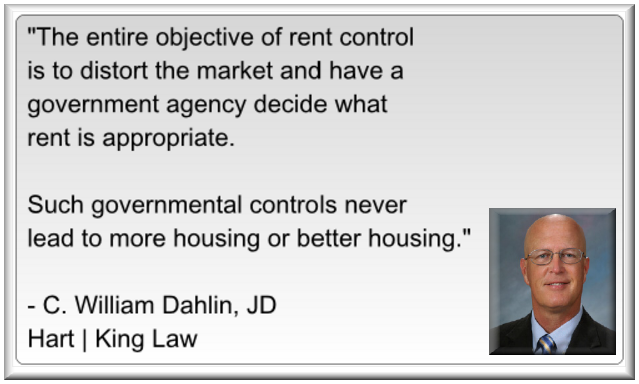
Government housing assistance programs, such as Section 8, should be mirrored in any rent control ordinance. Why aren’t they? Should persons with substantial assets and/or annual income have their rent subsidized?
One striking example should suffice.
The City of Malibu has mobilehome park rent control. Mobilehomes in that coastal community are now selling at prices in and around $1 million. Why?
The answer is simple. An existing resident can sell a home for many times its actual value because the space rent is far below market.
The tenant who is leaving is really selling, for all practical purposes, the land where the home is sited even though the resident does not own the land. And the new home owner is clearly not low income, since the price points are indeed in the million-dollar range. Published statistics report that many of the sales result in purchases that are “all cash.”
The exact situation in Malibu will almost certainly be duplicated in Sunnyvale.
Sunnyvale, in the heart of Silicon Valley, has housing shortage issues.
However, the housing shortage issues were created and exacerbated by the city, and all of the surrounding communities, who have consistently and purposefully denied developers the opportunity to build new homes in the area.
The high-tech jobs in the area, combined with the lack of housing has, of course, created a demand for housing that cannot be filled by the existing supply.
That supply shortage causes prices to go up. What is the price of a median home in Sunnyvale? Zillow reports the median price is approximately $1.4 million. Are there any “low income” people buying single family homes in Sunnyvale? Of course not.
Having a rent stabilization ordinance that is income-based and requires income qualification would achieve the alleged objective of protecting people with limited resources.
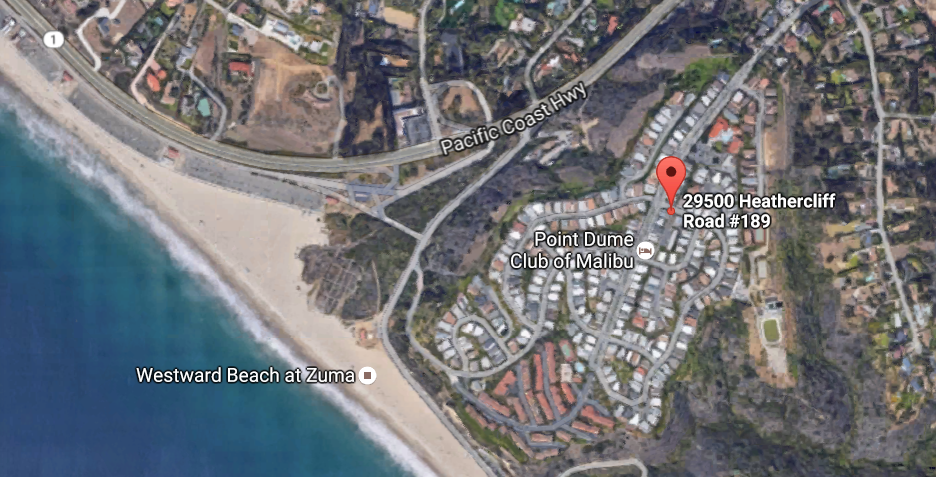
Having price constraints on the re-sale of homes would also prevent those very tenants from then selling a home for much more than its actual value to a new tenant who pays more to take advantage of artificially low rent.
Finally, research studies on this subject have demonstrated that price controls eventually cause property upkeep to suffer and decay. The current tenant, understandably, could not care less about that future problem. It is the future tenant that pays the price for delays in infrastructure repairs.
Rent control is a political “solution” that has no economic basis. A city council that adopts price controls on mobilehome park space rent is seeking to incur favor with resident groups (voters) who want their housing costs to be subsidized. And the city wants to do that without spending taxpayer money.
Thus, the vote is to compel the park owner to “subsidize” the residents’ housing costs.
The vote of such a city council is averse to the small number of property owners who own and operate mobilehome parks. That is precisely the type of legislation that the Fifth Amendment was designed to protect against.

C. William Dahlin, JD
Hart | King Law
(Editor’s Note: news the article that Dahlin is commenting on is linked here.)



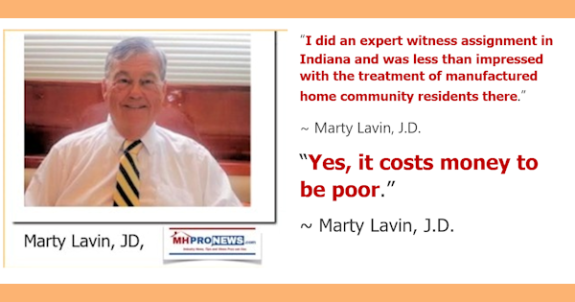
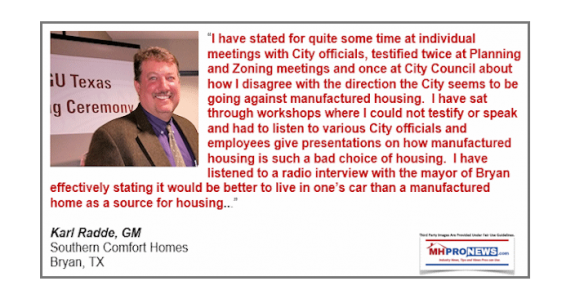
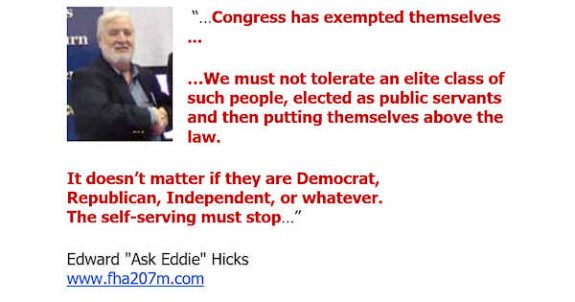
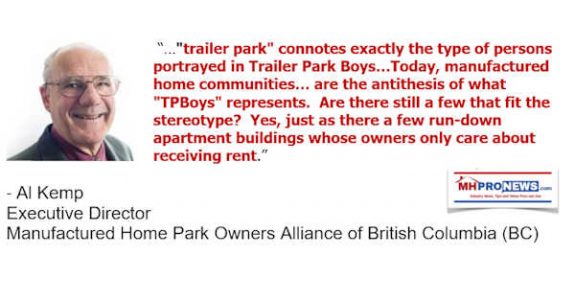

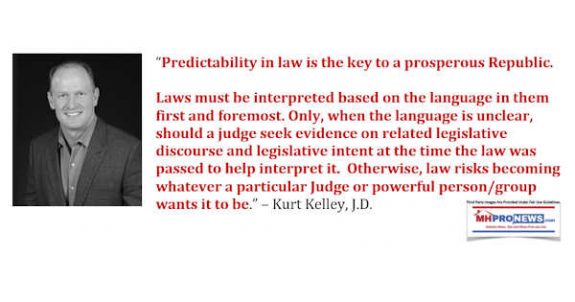
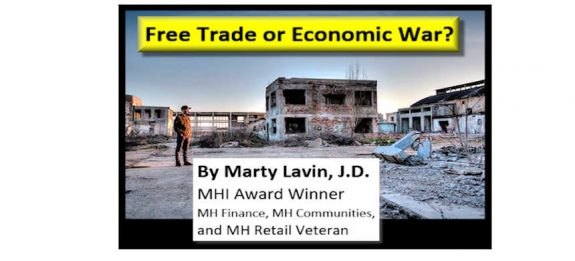
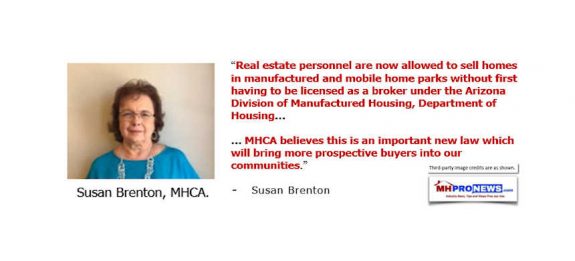
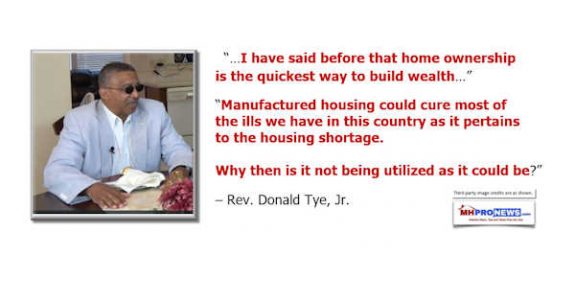
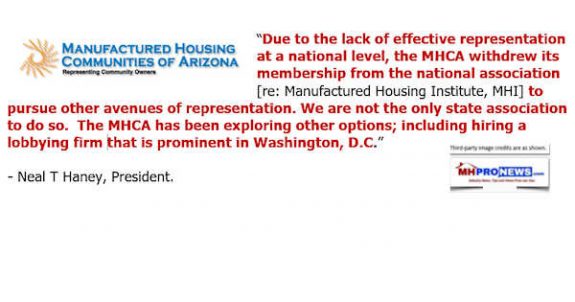

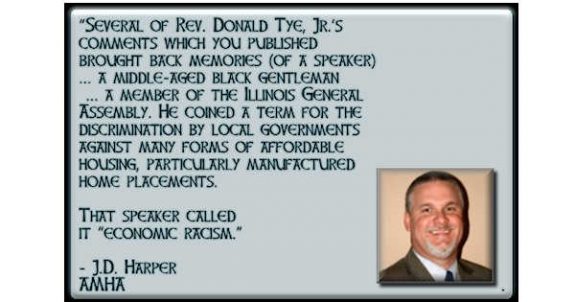
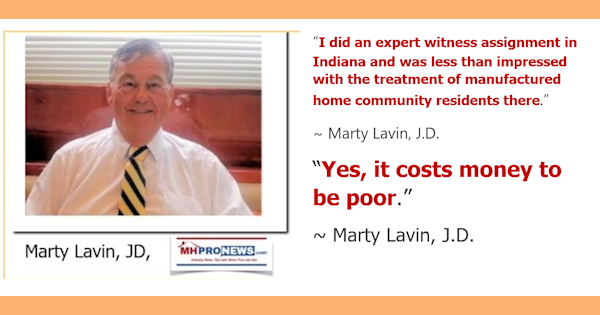
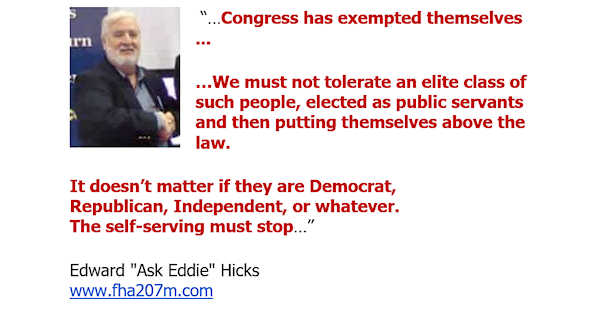
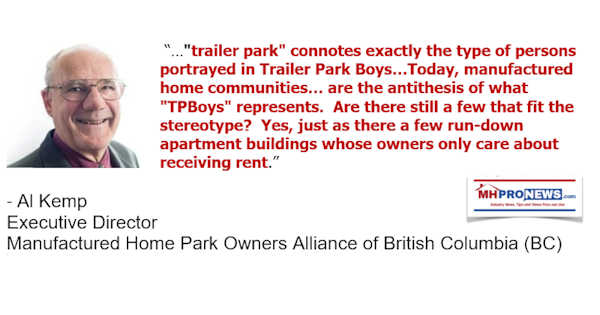
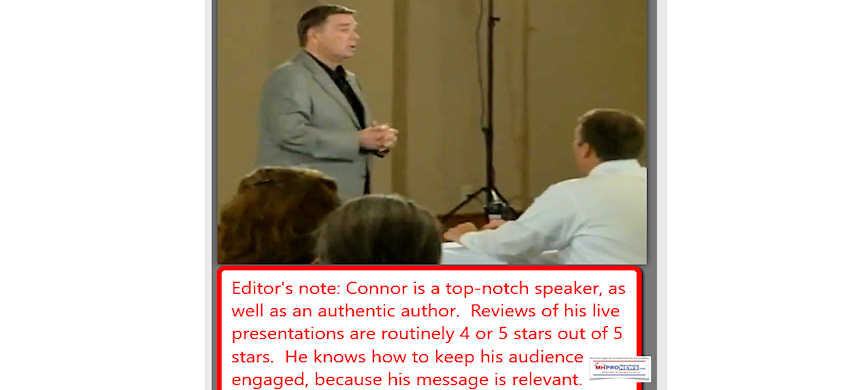
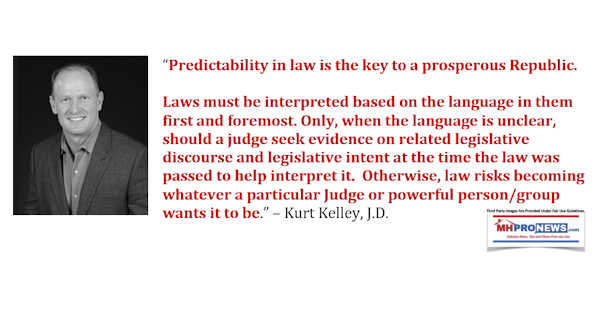
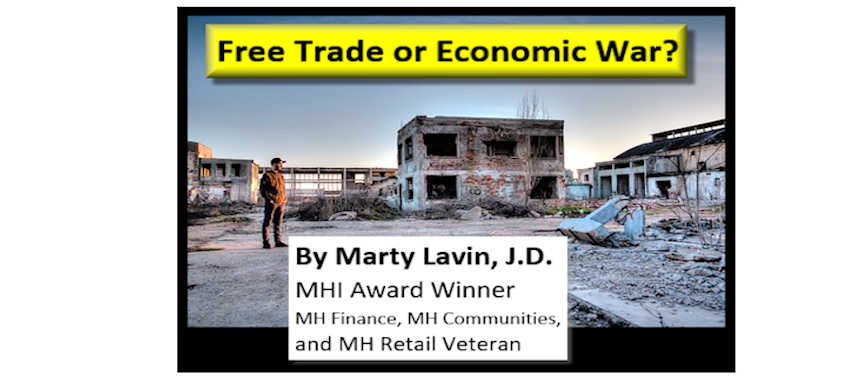
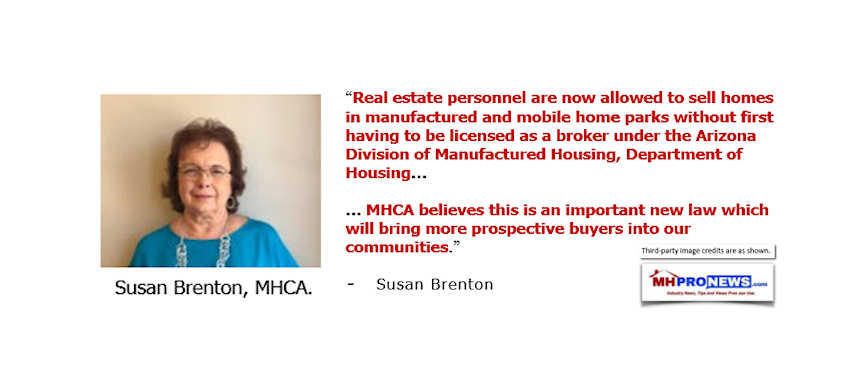
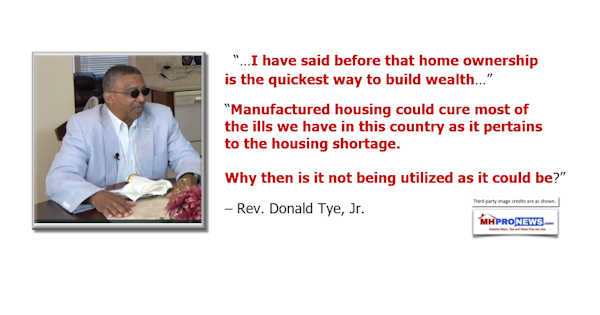
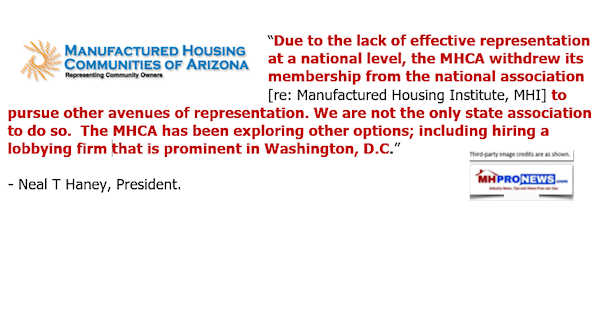

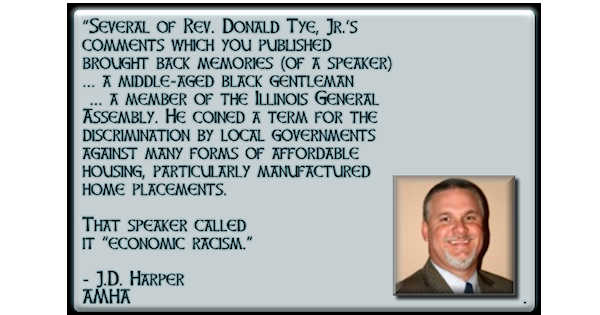
Karl Radde – TMHA, MHI, Southern Comfort Homes – Addressing Bryan City Leaders, Letter on Proposed Manufactured Home Ban
To All Concerned [Bryan City Officials, Others]: As the retail location referenced by Mr. Inderman, I would like to take a moment to address the …